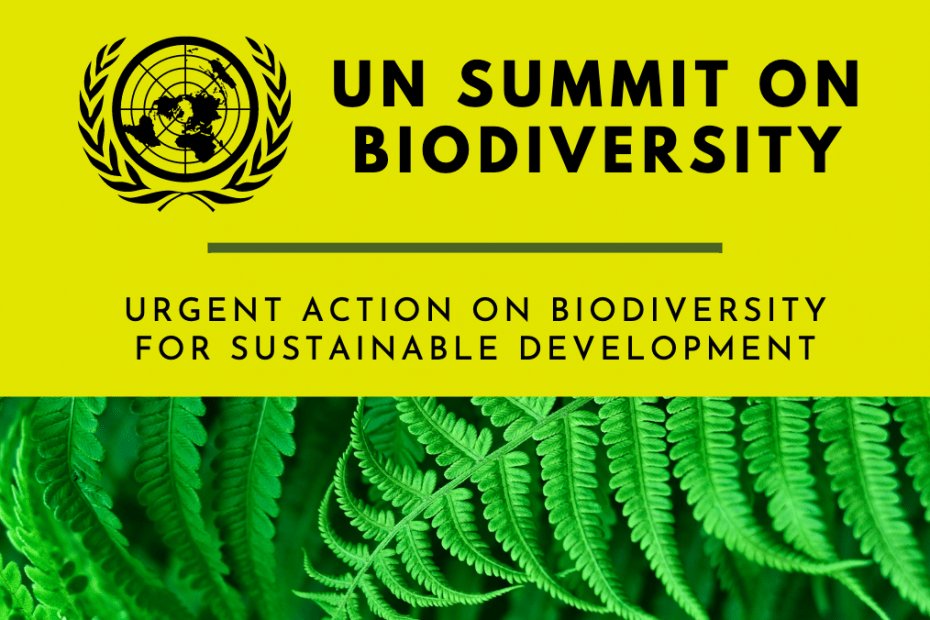https://www.cbd.int/article/Summit-on-Biodiversity-2020
https://www.un.org/pga/75/united-nations-summit-on-biodiversity/
The Summit on Biodiversity was convened under the theme “Urgent Action on Biodiversity for Sustainable Development” on September 30, 2020
Voices #ForNature #OfWomen
Intrinsic to the essence of human well-being and living in harmony with nature – one health- does require recognising – rights. Yes, including rights of women and girls.
The world as we knew it, last year around this same time – was different. No one suspected that 2020 would paralyze our world – a new normal, where even having a slightest simple gesture of greeting a friend, or hugging your loved ones is done cautiously. This is today’s “new normal”.
This year was supposed to be one of celebration – a super year for nature, +25 years of the Beijing Declaration and Platform for Action (BDfA), 10 years of the UN Declaration on the Rights of Indigenous Peoples and here we are distanced, not voluntarily – meeting in this virtual space.
In the path to “build back better” we need to bend the curve of inequality and injustice and embed a human rights-based approach to a healthy environment. We must work together to ensure that the new era of biodiversity conservation can deliver for the right of nature, for the rights of women and for the whole of society.
This should be a wake up call for us – This pandemic has changed the way we value, interact and engage with nature and the whole of society. The impact has been more devastating for women and girls in all spheres of their lives.
In the recently released report “Progress on the Sustainable Development Goals: The gender snapshot 2020 by UN Women (in collaboration with UNSD) revels how COVID-19 pandemic exacerbates fault lines of inequality. According to the report, the COVID-19 pandemic is causing a resurgence in extreme poverty, affecting women the most. By 2021, around 435 million WOMEN AND GIRLS will be living on less than $1.90 a day — including 47 million pushed into poverty as a result of COVID-19.


We are deeply concerned about the growing gender-based violence in the environmental sector, particularly against women and girls who defend their land and territories, and the unintended consequences of economic development that further exacerbates human rights violations, including on children.
There are limited or no mechanisms in place to systematically map, collect and analyze women’s and girls’ roles and activities regarding biodiversity conservation and sustainable use, including baseline and indicators rendering their contributions invisible. This also applies to the analysis of the extent to which the loss of biodiversity disproportionately burdens women and girls.
People’s interactions with their aspects of social life are gendered (money, livestock, family, community, natural resources and their environment). Gender informed research to One Health can generate essential knowledge to tackle seemingly intractable issues in animal and human health.
In the path to “build back better” we need to bend the curve of inequality and injustice and embed a human rights-based approach to a healthy environment. We must work together to ensure that the new era of biodiversity conservation can deliver for the right of nature, for the rights of women and for the whole of society.
Women and girls are not part of the problem, but are part of the solution – it is time to take action – NOW to ensure that no women and no girl is left behind when we build back better.
This is our vision – this is our hope. #Time4Nature #Time4Women


